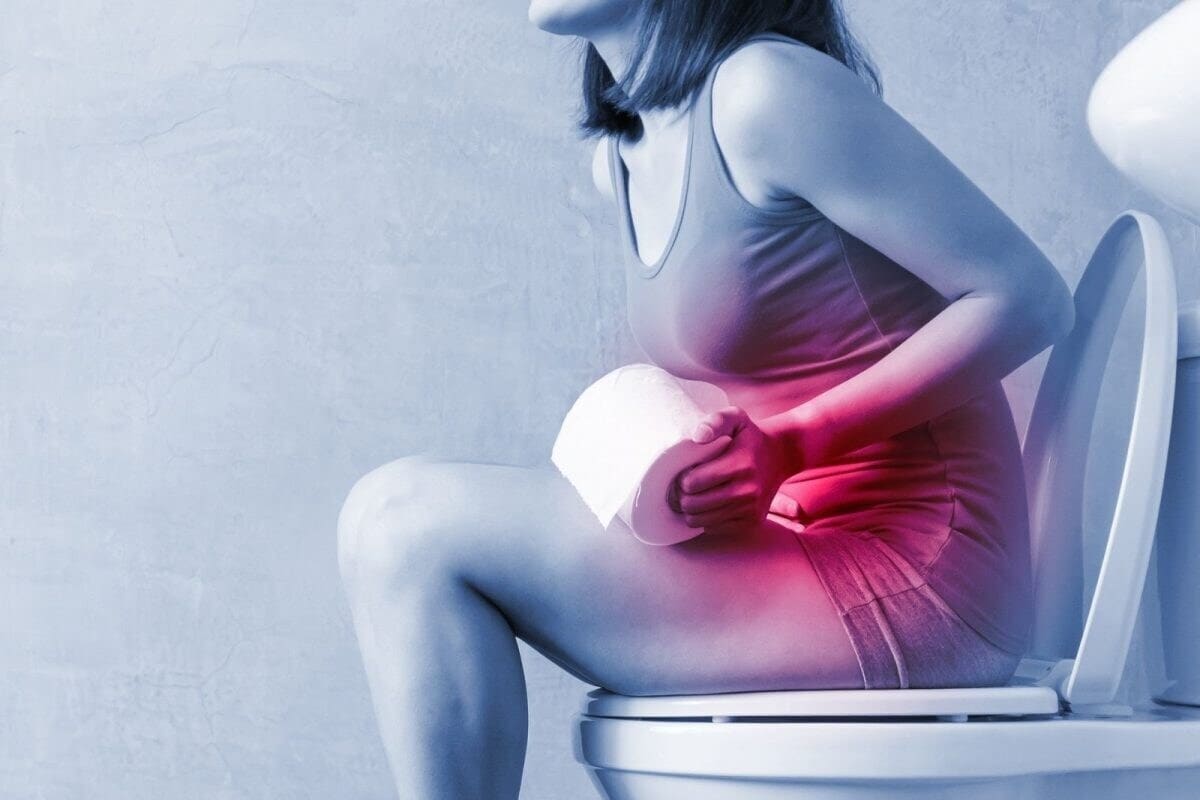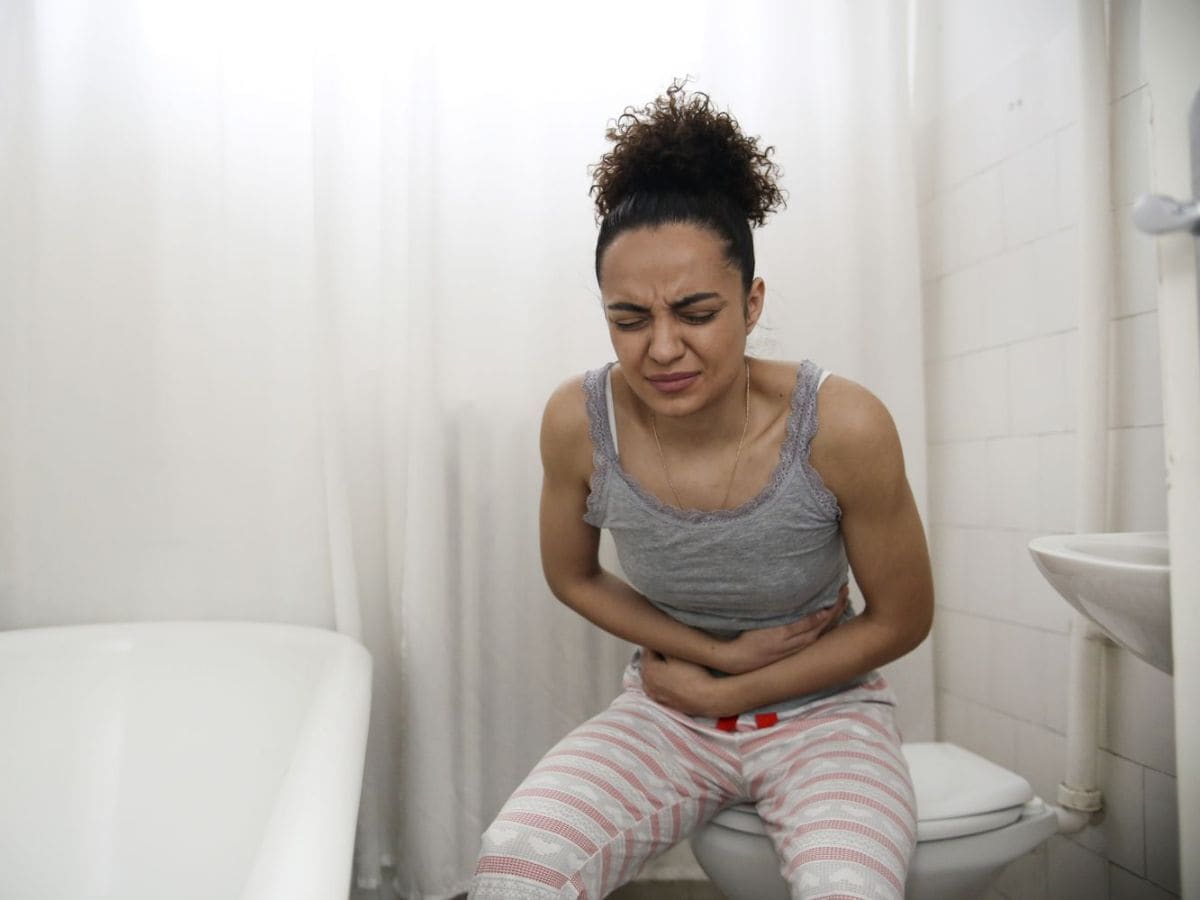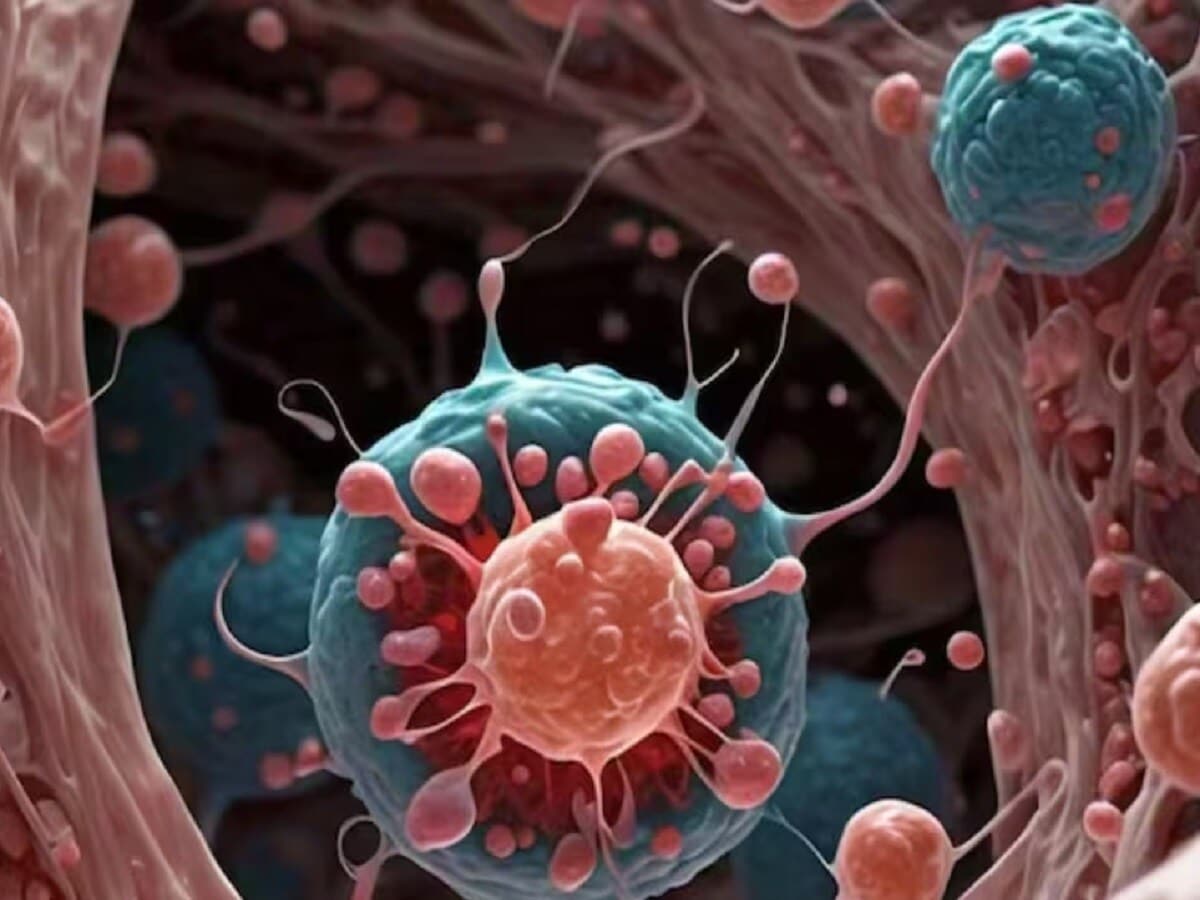The untimely passing of television actor Vibhu Raghave due to colon cancer has brought renewed attention to a disease that often goes undetected until its later stages. Known for his roles in popular Indian television shows, Vibhu Raghave had been vocal about his diagnosis, sharing parts of his journey with fans. His death is a stark reminder of the importance of recognising early symptoms and the need for timely medical screening.

Colon cancer, or colorectal cancer, is a type of cancer that begins in the colon (large intestine). This term encompasses both colon cancer and rectal cancer (which starts in the rectum). According to the Centres for Disease Control and Prevention (CDC), it is the fourth most common form of cancer in the United States.

The American Cancer Society (ACS) states that approximately 1 in 24 men and 1 in 26 women will develop colorectal cancer during their lifetime, with around 7 out of 10 cases starting in the colon. Researchers at the Delhi State Cancer Institute have identified several lifestyle-related risk factors for colon cancer, including an unhealthy diet, sedentary lifestyle, obesity, consumption of processed foods, smoking, alcohol intake, and high stress levels. In some cases, genetic predispositions may also play a role in the development of colon or rectal cancer.

Warning signs or symptoms of colorectal cancer can be subtle but are critical to recognise. One common misconception is that blood in the stool is always due to piles (haemorrhoids). However, bleeding associated with colon cancer tends to be darker, unlike the bright red blood from piles.

Persistent diarrhoea or constipation, prolonged lower abdominal pain, and chronic fatigue caused by anaemia linked to blood loss are also potential indicators. Other concerning symptoms include ongoing nausea, unexplained weight loss, and changes in stool colour or bowel habits. Medical consultation is advised if any of these symptoms are present.

The National Library of Medicine has noted a growing incidence of colon cancer in India, especially in urban areas. The current rate stands at 7.2 per 100,000 men and 5.1 per 100,000 women. Experts attribute this rise to lifestyle factors such as low dietary fibre, high consumption of red and processed meats, lack of physical activity, and elevated stress levels.

The Ministry of Health and Family Welfare (MoHFW) recommends regular screening from age 45 onwards, increased physical activity, and early medical attention for symptoms like blood in the stool or altered bowel movements. Nevertheless, awareness and screening rates remain low, particularly among those under the age of 50.